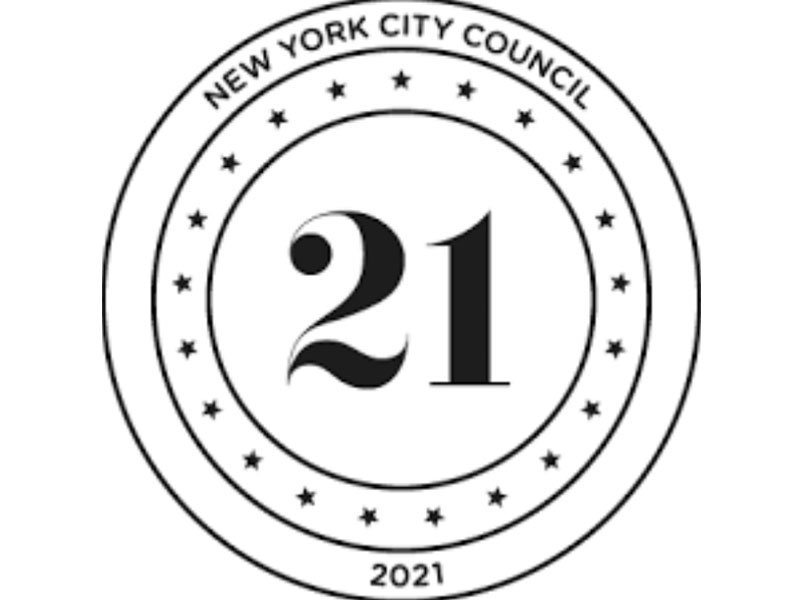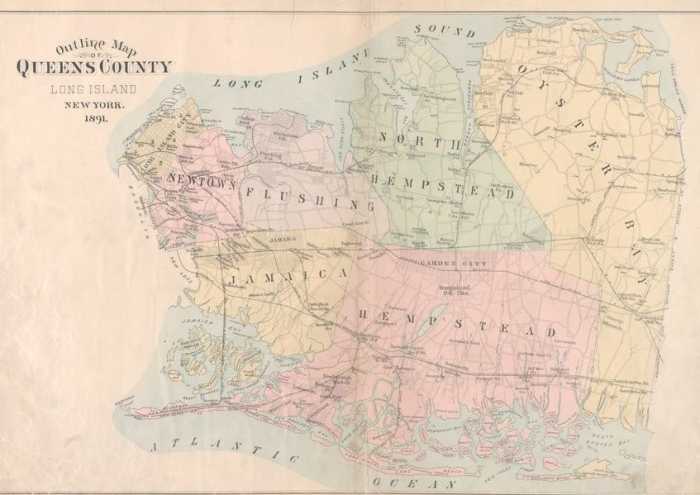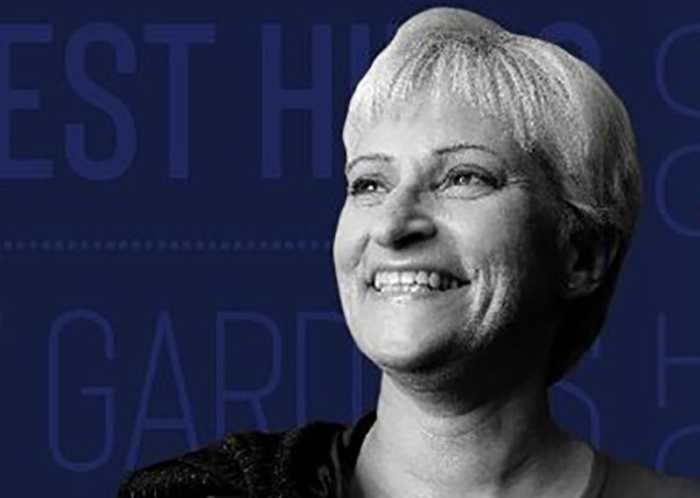They didn’t make the cut and they want to know why.
Candidates as well as members are asking hard questions about the endorsement process of a new initiative seeking to elect more women to the New York City Council in 2021.
The initiative 21 in ‘21 released their list of endorsed candidates on Monday after tallying up votes from a ranked choice voting process amongst its members.
Candidates who didn’t make the cut have joined a chorus of members calling on 21 in ‘21 to be more transparent about the endorsement process. The list of first place endorsed candidates matches the list of candidates recommended to members by the initiative, they said, raising red flags about the process and concerns over whether or not the board of directors actually took the memberships’ votes into account. The board should release the specific vote counts for each candidate, they said.
“It’s a bit frustrating,” said Jaime-Faye Bean, a member of 21 in ‘21. Bean is running in District 22 to replace City Councilmember Costa Constantinides (D-Astoria, East Elmhurst, Jackson Heights, Woodside) but hasn’t officially launched her campaign yet and was not considered for endorsement for the district.
“I think that people feel like, you know, they really didn’t understand the process and we were sort of really pushed to recruit new members, and to be part of a big membership vote,” she said. “But how that all fits into the ultimate release of rankings from 21 in ‘21 is not completely clear.”
The 21 in ‘21 endorsements were done through a two step ranked choice voting process that was laid out in an email to members in July. Candidates seeking endorsement went through a screening process that included an application and interview.
The board of directors then decided their recommended candidates in a ranked choice vote before opening up the vote to the broader membership. Using a third party voting service, members ranked the candidates for each district in order of preference. Because the 2021 city council elections will be the city’s first time using ranked choice voting, the candidates who received more than 50% of the vote through the ranked choice voting process received the initiative’s endorsement as a first choice candidate. They then listed out second and third choice candidates as well.
In all, 21 in ‘21 endorsed 33 women for the 2021 elections. These candidates included Brooklyn City Council Candidate Crystal Hudson who’s seeking to replace term-limited City Councilmember Laurie Cumbo (D-Brooklyn) in District 35, Brooklyn City Council Candidate Shahana Hanif who’s running for term-limited City Councilmember Brad Lander’s (D-Brooklyn) seat in District 39, and Manhattan City Council Candidate Gigi Li who’s running for District 1 to replace term-limited City Councilmember Margaret Chin (D-Manhattan).
In a statement to Queens County Politics, the board of 21 in ‘21 said that they’ve been transparent with membership about the entire endorsement process and they will continue to support all members running for office.
“21 in ’21’s theory of change for electing women is not a zero sum game,” they wrote. “Ranked Choice endorsements, just like Ranked Choice Voting, is a paradigm shift for candidates and voters. This is an entirely new way of doing things in NYC that everyone needs to look at it differently. This is not a one and done process. Every step of our process has been transparent and outlined in writing to members and candidates alike. We will work with all candidates involved in the endorsement process whether they ranked first, second, or third. Ranked Choice Voting and ranked endorsements allows for a win-win for all women. And, we stand for women. Period.”
City Council Candidate for District 26 Julie Won, who received second place in her district in the membership vote, said that to be fully transparent 21 in ‘21 needs to release the vote counts for each district like other organizations do, such as the NYC-DSA.
“They say they care for diversity, for transparency and accountability in our government yet they don’t have that in their own organization,” said Won, who is hoping to replace City Councilmember Jimmy Van Bramer (D-Sunnyside, Woodside, Long Island City, Astoria, Dutch Kills).
The lead up to the vote felt like a membership drive because they were encouraged to recruit new members, Won said in a direct message on Twitter. And now that the vote is over and the final results match up with the board’s recommendations, she wonders why they bothered. The whole process now feels rigged and pointless, she said.
“I just want them be [sic] transparent and allow people to show vote totals,” Won said.
City Council Candidate Felicia Singh, who received the 21 in ‘21 endorsement for District 32 in Queens, said that the decision to release the vote count data is ultimately up to 21 in ‘21 but that she supports releasing it because the data is useful.
“This is information I would actually like to see myself,” she said. “To see what data looks like, how votes are redistributed, this is good for us to understand because we’re about to plan a field plan based on, you know, how our communities are going to rank our campaign.”
Seeing the vote count is about more than understanding the endorsement process, it’s about understanding how to navigate this new way of voting too, said Singh who is running to replace the only Republican city councilmember in Queens, term-limited City Councilmember Eric Ulrich (D-Belle Harbor, Breezy Point, Broad Channel, Howard Beach, Lindenwood, Neponsit, Ozone Park, Richmond Hill, Rockaway Park, Roxbury, South Ozone Park, West Hamilton Beach, Woodhaven).
“Ranked choice voting as a whole is something that our city has a lot to learn about,” Singh said.











